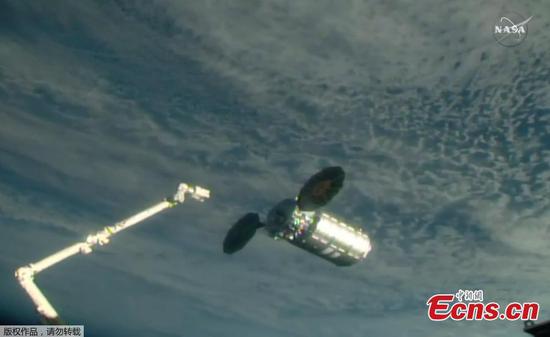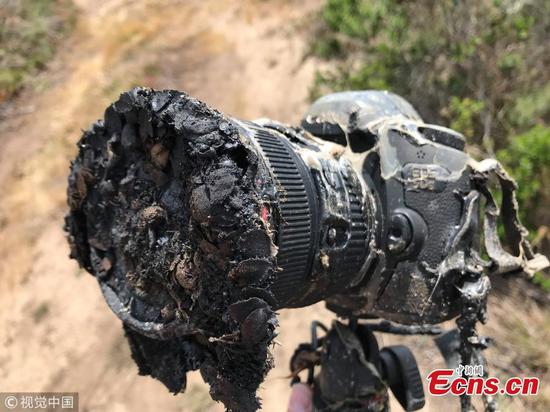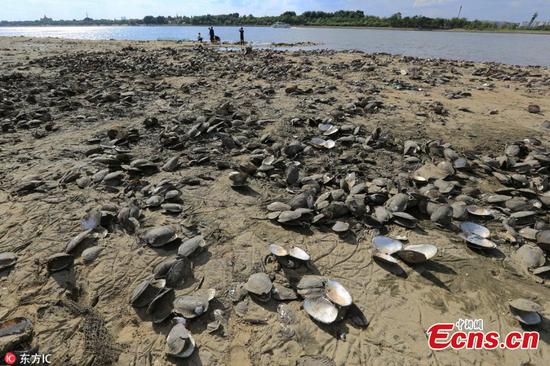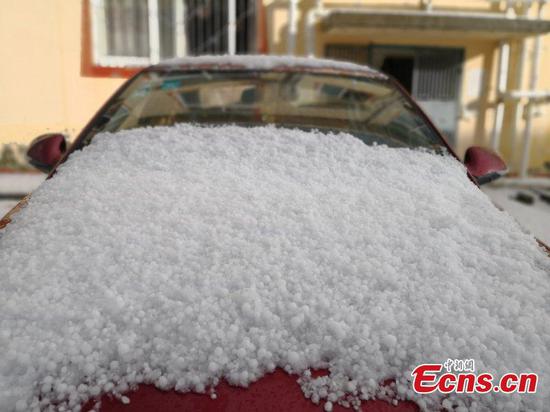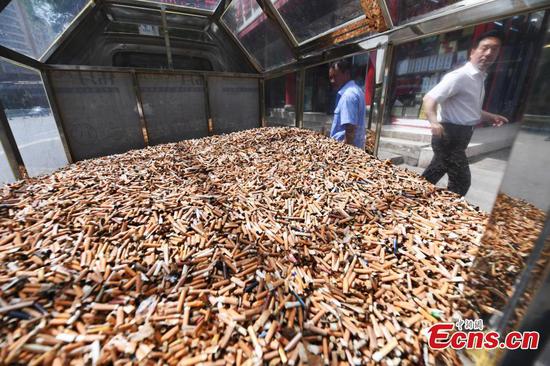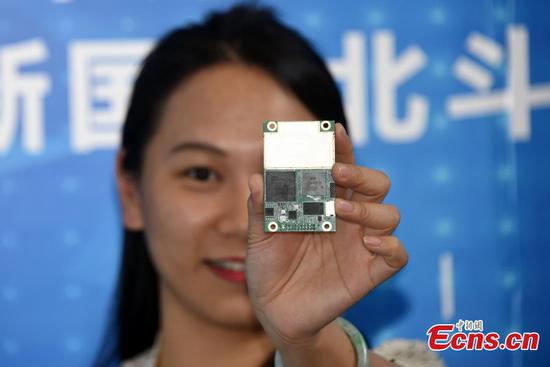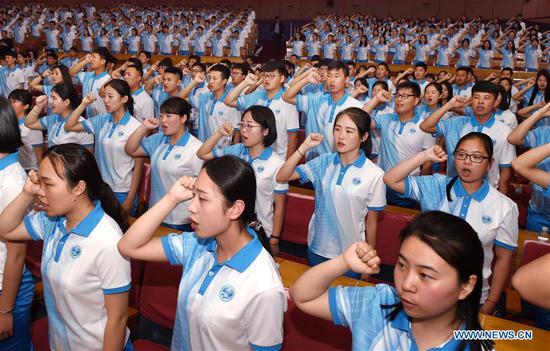Major automakers have announced price cuts for cars imported into China ahead of a tariff cut that takes effect on July 1, leading to a "buying spree" in major cities in China.
The move came after the Ministry of Finance said on Tuesday that import tariffs on cars will be cut from 25 to 15 percent, effective July 1.
Tesla Motors Inc, the U.S. luxury electric car company, was one of the first to cut prices. On Tuesday night, it said that it would drop the prices of imported models, with the largest cut being 90,000 yuan ($14,092).
A salesperson at a Beijing Tesla showroom said that the price cut has pushed many potential buyers to stop waiting and make a decision.
Inventories of many models are already low, the salesperson said, adding: "You better hurry, because if you want to customize a Tesla MX 100D, you have to wait until September or October."
The price on the Tesla MX 100D was cut by more than 60,000 yuan, and it's now the bestseller in the store, according to the salesperson.
A Tesla salesman in Shanghai said the MX 75D model was sold out as of Wednesday. His sales performance almost tripled in the past two days, he told the Global Times.
The U.S. manufacturer's quick response lies in the fact that Tesla sells its cars directly in China, while most traditional automakers sell via dealers, so they're slower to react, an industry insider told the Global Times on Thursday.
Volvo and Mercedes-Benz also cut the manufacturer's suggested retail price (MSRP) for all of their imported car models, according to statements they sent to the Global Times on Thursday.
The largest cut at Volvo was for the XC90, where the MSRP declined by 100,000 yuan. The company said the final price will be set by dealers.
"We adjusted the sticker price in the afternoon, exactly the same range as the MSRP," a Volvo dealer based in Taizhou, East China's Jiangsu Province, told the Global Times on Thursday, adding that he has already contacted several potential customers who showed an interest before.
However, expert warned that the "sales spree" might be temporary, since the demand for imported cars, which tend to be luxury cars, is not "that much" in China.
"China's car imports have stood at about 1 million a year for almost nine years. Most of them don't sell well, except for some well-known brands such BMW. But a single German automaker, Volkswagen, produces around 2 million cars every year in its factory in China," said Jia Xianggang, an industry analyst.
Due to the lack of demand, some car dealers may have an overstock of imported cars. Some may be using tariff-related price cuts to offload their inventory, Jia said.










